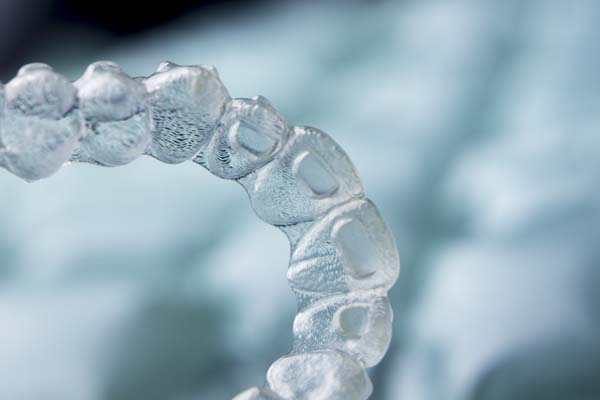 An effective preventative treatment in pediatric-dentistry is the placement of dental sealants. While the procedure can be done for patients of all ages, it is more often used for children between the ages of 6 and 14, when their permanent teeth are coming in. Even though it is optional, the American Dental Association recommends it for most pediatric patients because of its simplicity and overall effectiveness.
An effective preventative treatment in pediatric-dentistry is the placement of dental sealants. While the procedure can be done for patients of all ages, it is more often used for children between the ages of 6 and 14, when their permanent teeth are coming in. Even though it is optional, the American Dental Association recommends it for most pediatric patients because of its simplicity and overall effectiveness.
Understanding dental sealants
If you are unsure whether or not dental sealants are right for your child, talk with their dentist. They can offer insight into when the timing is right for this type of treatment.
The benefits
According to the Centers for Disease Control and Prevention, dental sealants prevent as much as 80% of cavities in teeth toward the back of the mouth in children. The seal forms a barrier that covers the deeper crevices in molars where food and bacteria can easily be trapped, leading to tooth decay. Not only do sealants protect tooth structure and prevent painful cavities, but they help children avoid invasive dental work as well.
The procedure
Placing dental sealants is quick, painless, and very easy. No numbing is required, and the entire procedure only takes a few minutes from start to finish. The dentist will start by thoroughly cleaning and examining the teeth to ensure nothing will be trapped below the sealant. Preexisting decay will need to be treated first.
Once the teeth are clean and prepped, the dentist brushes a tooth-colored resin material onto the tooth surface and presses it into the grooves and crevices to form a tight seal. A dental laser or light is often used to help the sealants cure quickly. Then, they are shaped and polished as needed to create a comfortable and effective chewing surface.
Long-term care
Dental sealants do not require extra care at home other than normal brushing and flossing. They also do not replace dental cleanings and examinations, so maintain a regular schedule with your child's pediatric dentistry office. Dental sealants are not necessarily permanent and can wear down over time, so your dentist may recommend reapplying them in some cases. They can also become dislodged or damaged from chewing on foreign objects or eating extremely hard or sticky foods, so modify your child's habits and diet accordingly.
Other ways to protect your child's teeth
Daily brushing and flossing along with routine dental appointments are your child's primary defenses against tooth decay and cavities. Once your child is old enough to brush without swallowing, have them use fluoride toothpaste, as this can help strengthen tooth enamel to better protect against decay. Your dentist can also apply a fluoride varnish at routine appointments as an extra dose of anti-cavity protection.
Conclusion
Although dental sealants are completely optional, they are highly recommended by pediatric dentistry professionals. Once your child's permanent teeth start to come in, sealants can drastically reduce the risks of developing tooth decay, helping your child maintain good oral health.
Request an appointment or call Precision Orthodontics & Pediatric Dentistry at 703-391-8800 for an appointment in our Reston office.
Recent Posts
If your child needs dental help, a kid friendly dentist is a good choice. This professional has the knowledge and training to handle preventive maintenance and restorative care for your son or daughter. The dentist can assist with a wide variety of issues, including the most serious issues that may arise. From the time your…
Pediatric dental X-rays enable pediatric dentists to keep an eye on the oral health of their young patients. Dentists can use periodic X-rays to catch dental problems in their earliest stages. They can also use X-rays to confirm and ensure that children’s jaws are developing as they should. This brief FAQ covers the most common…
Pediatric dentistry services help children learn healthy dental habits and practices that allow them to avoid oral health concerns and keep a great smile for decades. This review focuses on the educational services that pediatric dentists offer.Pediatric dentistry focuses on preventing cavities and other oral health concerns and developing healthy dental habits at a young…


